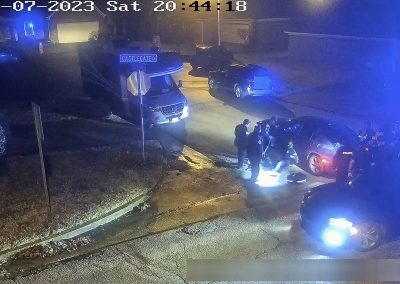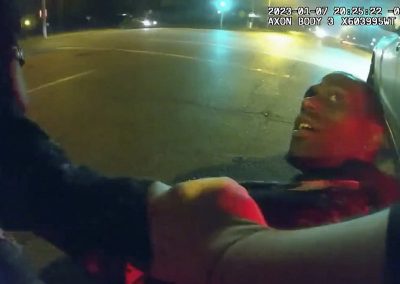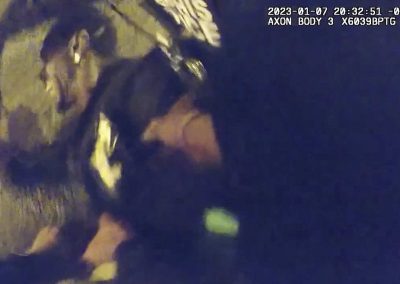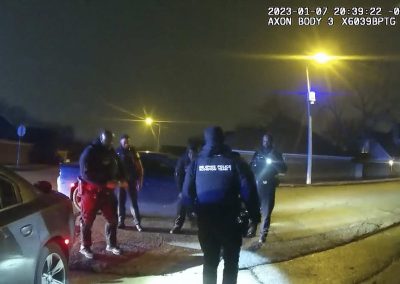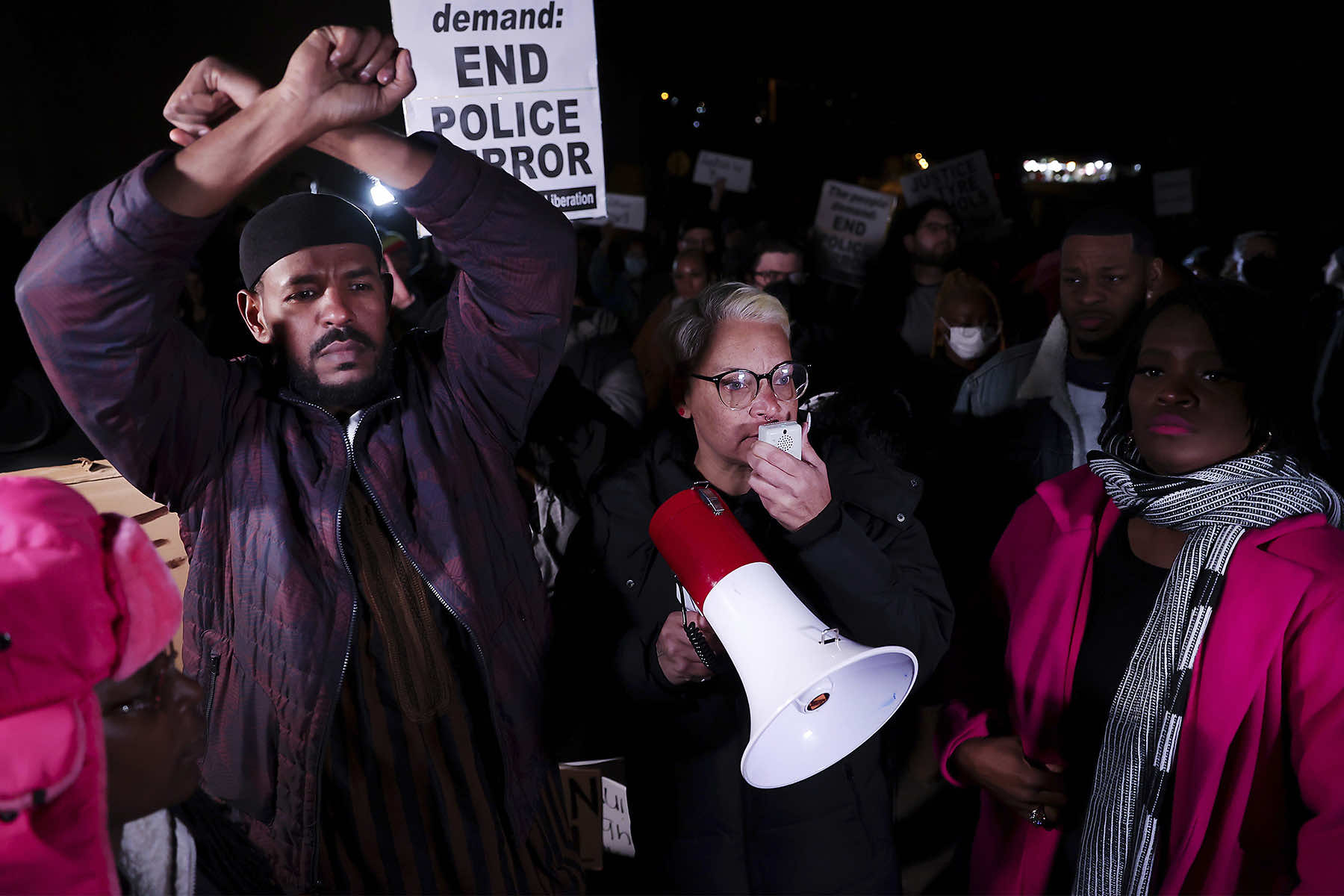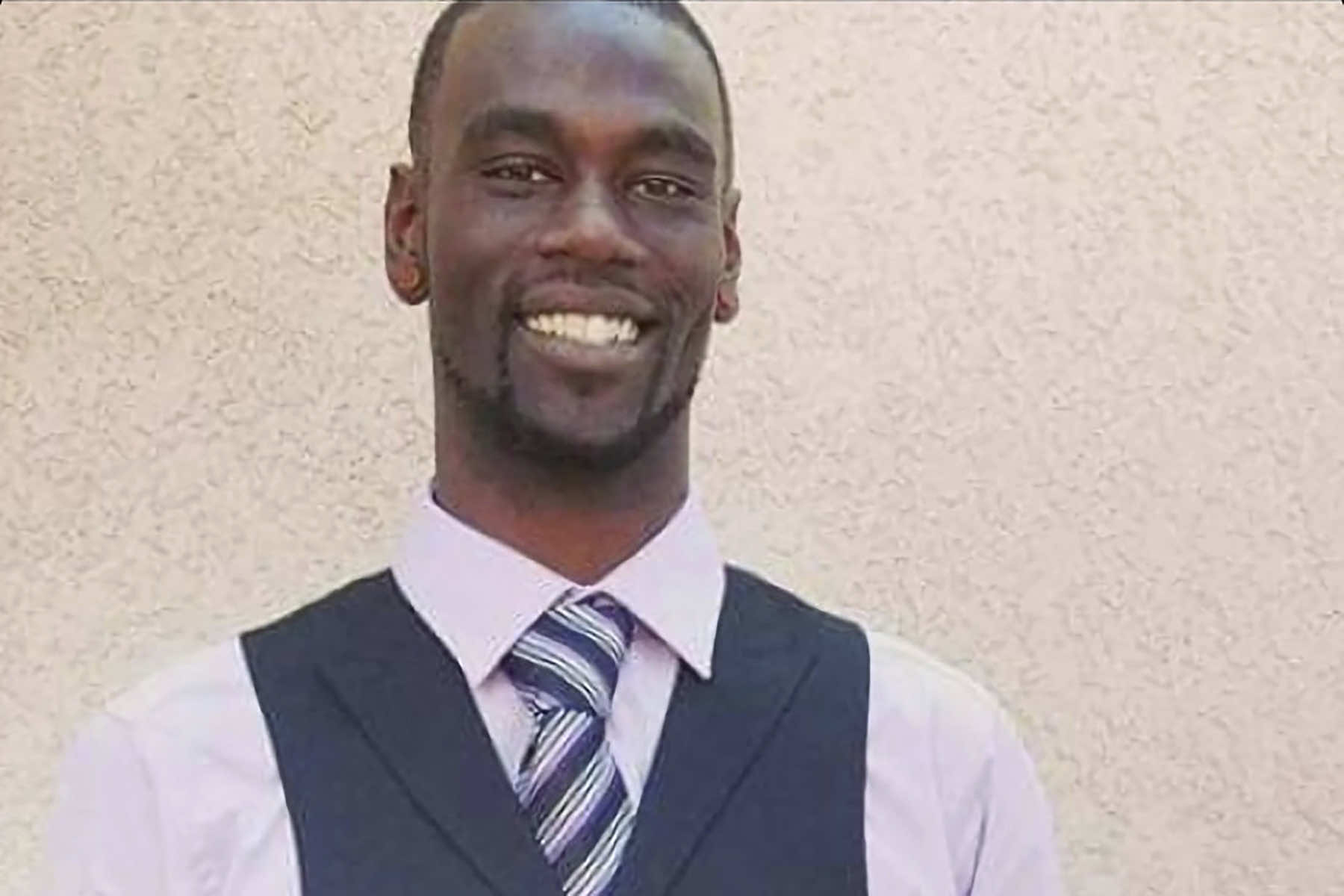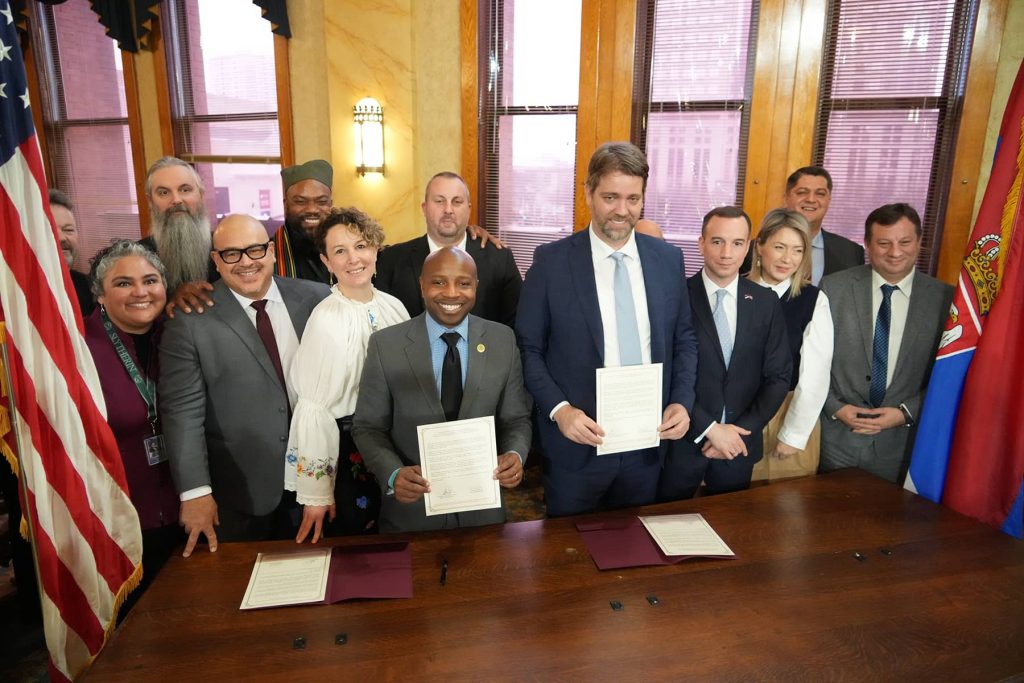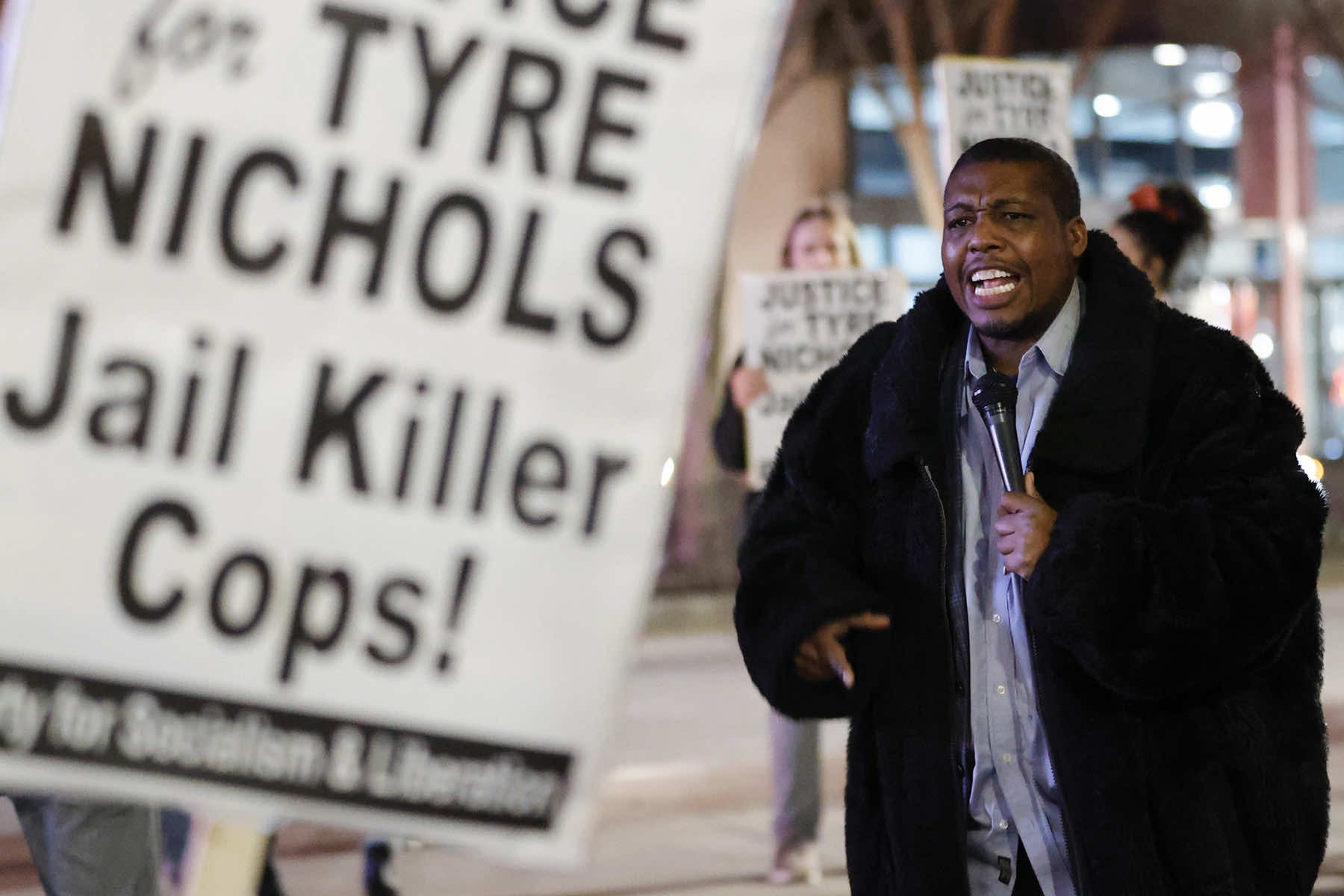
“Every police officer who killed Tyre Nichols was Black. This cannot be White Supremacy.”
These are words spoken and written by people who see the water pouring from their kitchen faucet and don’t think about the long path of the water coming out of it; the circuitous miles of pipes it had to travel to get to their glass and what it passed through on the way over time and space.
The officers who killed him were simply the spigot. White Supremacy is the plumbing.
The idea that the violence against Black people committed by officers of color here and elsewhere is simply about power, dehumanization, or hatred, fail to understand the larger picture. That violence – the kind that assassinated Tyre Nichols – is a localized expression of the exertion of power over, the dehumanization of, and the hatred for Black people that has been absorbed and internalized from the institution itself. It is a legacy inherited, a culture adopted.
The myth of discrimination is that it is only an individual act, a singular expression of a personal belief. The truth is, we exist in both stories and in systems.
We are specific, individual human beings participating in larger systemic realities affecting the collective. We are all products of those systems in ways we aren’t aware of in ways that we’d never admit to. And when those systems are polluted, when they are broken, when they are toxic, the poison seeps in and trickles down into those individual stories and into the people we work alongside, live with, and worship next to.
It trickles down into our communities. It trickles down into our workplaces. It trickles down into traffic stops by Black officers. It trickles down into videos of executions that defy belief. The sick system reached Tyre Nichol’s beautiful story.
Law enforcement has long been a polluted system. A simple survey of the civil rights movement illustrates this in a way that can’t be debated, neither in the past nor the present. The disparities of incarceration between White and non-Whites, the realities of racial profiling, and the disproportionate acts of deadly violence against Black people by police, show the supremacy baked into the institution. When an individual participates in that institution, it ends up subjugating itself to that institution, even if not intentionally so.
When Black officers pulled Tyre Nichols over, they did so as representatives of a faulty apparatus, one that has for decades perpetuated the message that Black people are less than human, that they are fractions of people — and that message made violence in the moment not only possible but easy. It was a violence that would have never been exacted against a White motorist, which is the heart of all of this. Tyre’s crime was his pigmentation.
The same people who do not understand that misogyny can be perpetuated by more than men, don’t understand that White Supremacy can be perpetuated by more than White people. Racism and misogyny are not only conscious choices and specific acts performed with intent, they are embodied values that manifest in our phobias and prejudices, in our fears and false stories.
We cannot merely make individuals accountable. We cannot simply work in stories or look at the specific people involved in acts of discrimination and try to adjust this collective sickness there. We also have to fix the systems that shape and alter (and in the case of Tyre Nichols) violently end stories.
John Pavlovitz
Alex Slitz (AP), Patrick Lantrip (AP), City of Memphis, and Nichols Family
The original version of this Op Ed was published on johnpavlovitz.com
John Pavlovitz launched an online ministry to help connect people who want community, encouragement, and to grow spiritually. Individuals who want to support his work can sponsor his mission on Patreon, and help the very real pastoral missionary expand its impact in the world.

